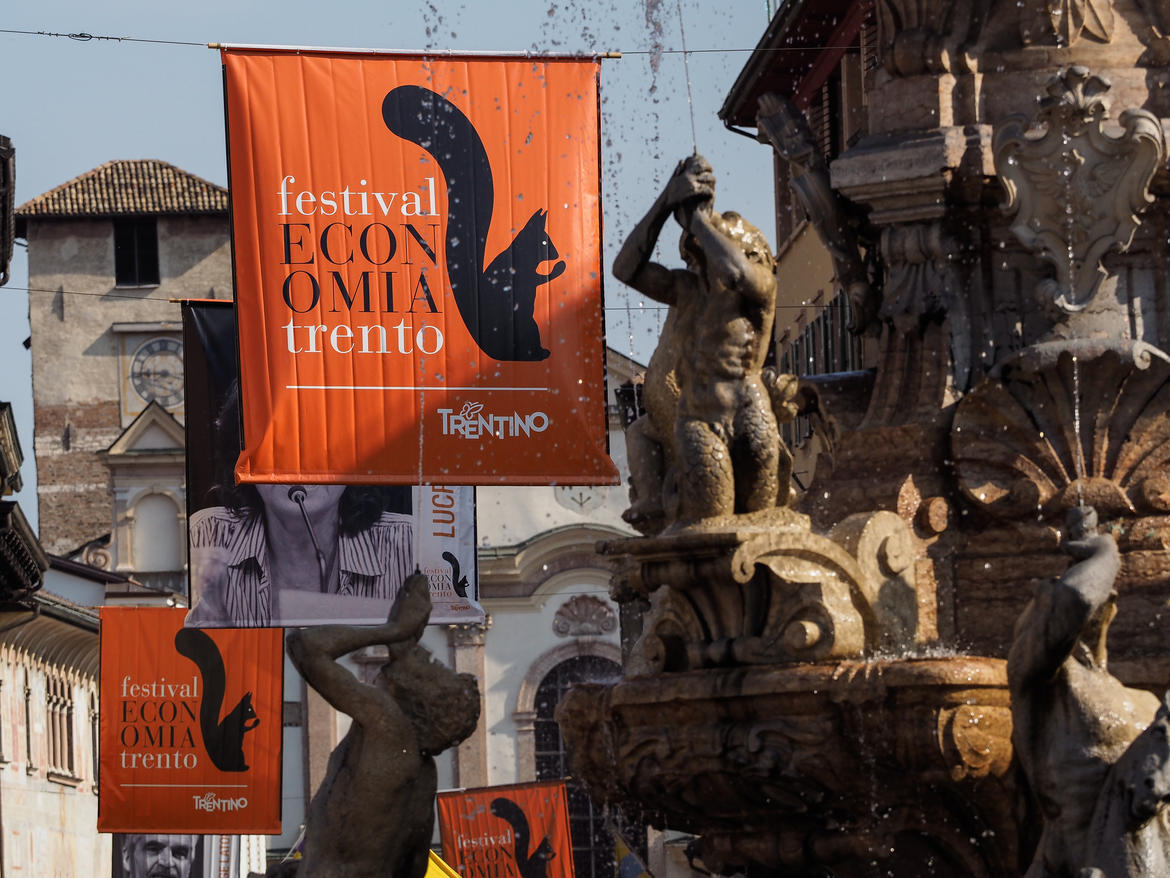
Beatrice Lorenzin, Italian minister of health, talked about Italian healthcare from a broad perspective, specifically confronting climate change and vaccines by projecting the implications of United States's President Donald Trump's decision to leave the Paris Agreement and explaining how the fear of vaccinations has consequentially led to dangerous diseases returning to society. Her suggestion is to adopt a scientific-based approach to public policy and not an ideological approach.
Michael Kremer, Gates Professor of Developing Societies in the Department of Economics at Harvard University, discussed the benefits and drawbacks of investing in the development of health services in countries that are lagging behind.
Alan Krueger, Bendheim Professor of Economics and Public Affairs at Princeton University, considers reasons for the decline in labor force participation and obstacles to increasing labor force participation, particularly issues concerning health, pain, and addiction to pain medication. To foster equality in the healthcare system, job training and counseling should be considered by national governments.
Professor of Epidemiology at University College London and President of the World Medical Association, Michael Marmot, spoke on the health gaps seen within society and how the social gradient directly affects one's health. Essentially, Marmot argued that to reduce inequalities in the health system, we must look at the factors within society that create inequality in the first place; early childhood education, opportunities allotted by socio-economic status, or the ability to supplement public health care with private healthcare.
Gino Strada, emergency surgeon in combat zones, advocates for the universal right to medical care disregarding a person's place of birth, social conditions, or political affiliation. Medical care, to be truly accessible to everyone must be completely free and of high quality.
Other topics of the day included social mobility, inequality in European health, corruption, injustice, and inequality in the healthcare system, the migrant crisis, the food we eat, and technological advancements in medicine.
Web: http://2017.festivaleconomia.eu
Twitter: @economicsfest
Facebook: https://www.facebook.com/festivaleconomiatrento








